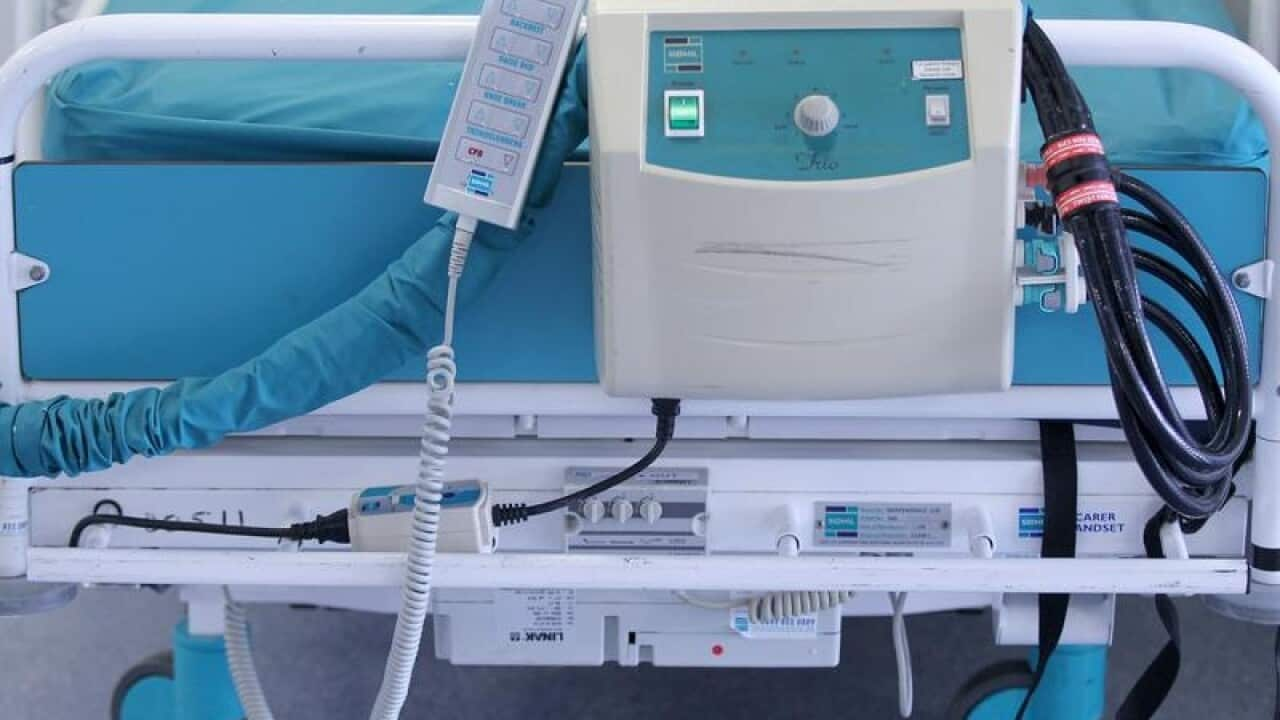An international "landmark" study has shown it may be possible to safely slow the progression of Parkinson's disease using an existing diabetes drug, providing hope for those with the debilitating disease.
The safety trial, published in The Lancet and funded by The Michael J Fox Foundation for Parkinson's Research (MJFF), found that people with Parkinson's who received weekly injections of exenatide for one year performed better in movement (motor) tests than those who were on a placebo.
"This is a very promising finding, as the drug holds potential to affect the course of the disease itself, and not merely the symptoms," said the study's senior author, Professor Tom Foltynie at the UCL Institute of Neurology.
Currently, existing treatments relieve most of the symptoms for some years, but the disease continues to worsen.
The researchers followed 60 people with moderate Parkinson's disease at the UK's National Hospital for Neurology and Neurosurgery (NHNN).
Participants were randomly assigned to receive injections of exenatide or placebo once a week for 48 weeks in addition to their regular medication, followed by a 12-week 'washout' period.
Patients given exantide showed improvements in their movement, which persisted after the 12-week follow-up.
Those who had injected the placebo showed a decline in their motor scores at both the 48 and 60 week tests.
Whether exenatide affects the underlying disease or just its symptoms is uncertain, the researchers say. Further, longer-term trials are required.
Australian Professor Bryce Vissel, Director of the Centre for Neuroscience and Regenerative Medicine at the University of Technology Sydney, has hailed the study as "exceptionally important".
He says the finding provides hope of a new way forward.
"Despite decades of research efforts, there are no cures and the disease continues to worsen over time until the symptomatic treatments are less and less useful. No currently available treatments slow the underlying disease process in humans. There is a urgent need for treatments that slow the underlying disease," said Prof Vissel.
"If this finding holds up to further investigations, this will have been a watershed for a disease that affects approximately 70,000 Australians from all walks of life," he said.
Share

